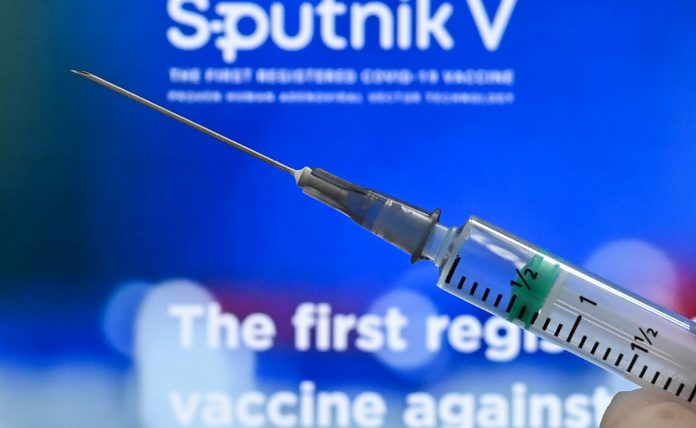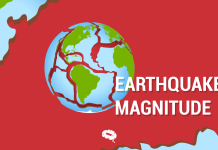[ad_1]
Iran’s ambassador to Russia previously said the first shipment of COVID-19 vaccines would consist of 10,000 doses.
Iran has received its first batch of foreign-made coronavirus vaccines, as the Middle East’s worst-hit country in terms of deaths seeks to stem the pandemic.
“The first shipment of vaccines from Moscow … has landed at Imam Khomeini airport in Tehran,” state news agency IRNA reported on Thursday, without specifying the quantity of doses.
Iran’s ambassador to Russia, Kazem Jalali, previously said the first shipment would consist of 10,000 doses. Healthcare workers and medically vulnerable groups will receive the first doses of the shots.
Iranian state TV quoted Jalali as saying that Iran has ordered five million doses from Russia, with the next batches set to arrive on February 18 and February 28.
According to Sputnik V’s developers, the vaccine is more than 90 percent effective and several countries outside of Russia have begun administering it, including Argentina and Hungary.
The purchase of the Russian-made vaccine has sparked debate in Iran, as one of the country’s top infectious disease experts said she would not get the shot as it had yet to be approved by the World Health Organization or the European Medicines Agency.
Minoo Mohraz, a key figure in the effort to produce local vaccines, said importing Sputnik V was the “Iranian people’s bad fortune”.
The comments drew a harsh rebuke from Kianoush Jahanpour, the spokesman for Iran’s Food and Drug Administration, who said Mohraz had no “responsibility or status” to comment on foreign COVID-19 vaccines.
An analysis of clinical trials in top medical journal The Lancet published this week indicated an efficacy of 91.6 percent against symptomatic cases of COVID-19.
Iran is fighting the Middle East’s deadliest outbreak of the coronavirus, with at least 58,000 lives lost out of more than 1.4 million cases of infection.
Announcing the latest grim toll on Thursday, health ministry spokeswoman Sima Sadat Lari warned that the situation in the country was “sensitive and fragile”.
The seven-day average of confirmed daily infections in Iran was 6,567 on Wednesday, according to Our World in Data.
AstraZeneca vaccine
Iran’s Supreme Leader Ali Hosseini Khamenei last month banned Iran from importing vaccines produced in the United States and the United Kingdom, claiming without evidence that they were “completely untrustworthy”.
Iran’s Health Minister Saeed Namaki said on Wednesday that Anglo-Swedish firm AstraZeneca would provide the country with 4.2 million doses of its vaccine.
“AstraZeneca is produced in Russia, India and South Korea, and Iran uses these anti-coronavirus products,” health ministry spokesman Kianoush Jahanpour told the AFP news agency.
They were purchased via COVAX, the mechanism for the equitable distribution of vaccines established by the WHO.
Iranian-made vaccine
In December, Iran began testing an Iranian-made vaccine in humans and said it expects to distribute it in spring, an extremely aggressive timeline.
Before the recent fast-tracked development of coronavirus vaccines, the usual methods of testing a vaccine for safety and efficacy with mass trials could take up to 10 years.
Iran has also begun working on a joint vaccine with Cuba.
The government in Tehran has touted Iran’s domestic vaccine research, repeatedly alleging that tough Washington’s sanctions undermine its efforts to purchase foreign-made vaccines and launch mass inoculation campaigns like those under way in the US and Europe.
While US sanctions do have specific carve-outs for medicine and humanitarian aid to Iran, international banks and financial institutions hesitate in dealing with Iranian transactions for fear of being fined or locked out of the US market.
[ad_2]
Source link











